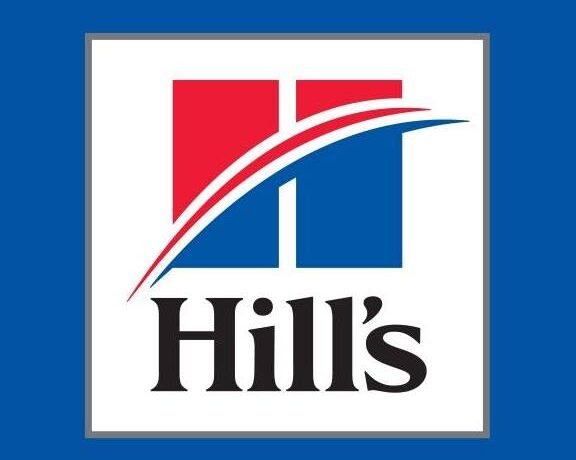Equine Reproductive Work
Putting your mare in foal is an exciting process, and we can help. Our vets have many years experience of work with commercial studs as well as single mare owners breeding for the first time.
Pre-breeding evaluation
An examination pre-breeding gives us the opportunity to examine your mare and discuss the best way to get her pregnant given your choice of stallion. Mares going to stud will require a Contagious Equine Metritis (CEM) swab, and depending on the stud may also require a blood sample for Equine Viral Arteritis (EVA). They will also need a passport, and in any case routine vaccinations should be up to date.
We can discuss any previous breeding history, examine perineal conformation and check for evidence of hernias. Overweight or underweight horses are more difficult to get in foal. The practicalities of repeat scans (depending on the temperament of the mare) can be discussed. Sign of oestrus (being ‘in season’) are very obvious in some horses and not at all in others.
Insemination
The timing of insemination is very important, particularly if using chilled semen that needs to be ordered and delivered, and is critical for frozen semen (used by commercial studs). The idea is to inseminate the mare just as the ovulatory follicle reaches the right size, and to ensure that it then ovulates within a few hours of the insemination. Some mares will need repeat scans on a daily basis to give the best chance of success, which also depends on delivery of the chilled semen at the right time.
If using fresh semen or natural service then timing is less critical. If the mare’s cycle is regular and predictable, it may reasonable to inseminate without scanning at all as a first attempt.
Pregnancy diagnosis
Mares can be scanned from 14 days to check for a conceptus, and again 2 weeks later to check for a heartbeat.
The important thing to rule out (before day 35) is twins. Horses often abort twin pregnancies, and the chances of two healthy foals being born are slim (though it’s not impossible!) If we note a twin pregnancy at this stage we usually advise ‘crushing’ one conceptus to give the other a better chance. Sometime this results in loss of the pregnancy, but at this early stage it is possible to try again at the next cycle.
Foals
See equine emergencies for further information about foaling.
Normal new born foals stand very quickly and must feed from the mare within a few hours to take in enough colostrum to protect them from disease until their own immune system is strong enough.
If a foal does not stand and feed well several within these first critical 12 hours, there is usually an underlying reason. This, combined with a lack of colostrum, will often mean these foals need intensive nursing to survive. Call us urgently if you think there may be a problem with your foal.
Stallions
Prior to each breeding season, we health check stallions, and ensure that they have clear CEM swabs.










